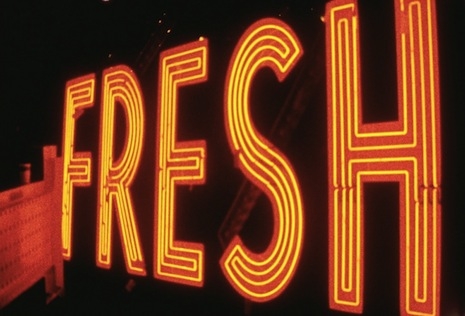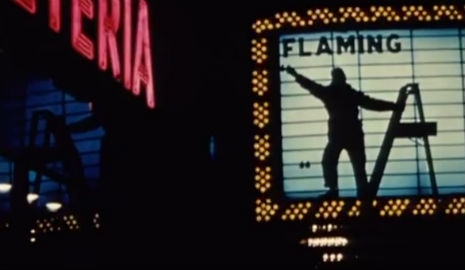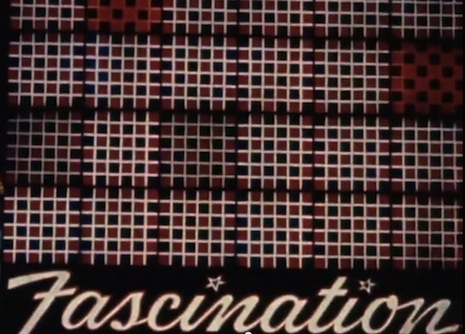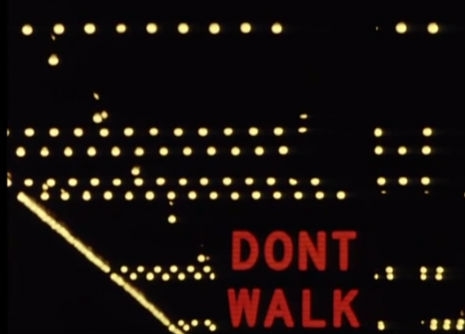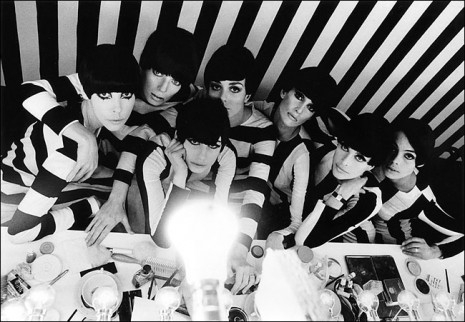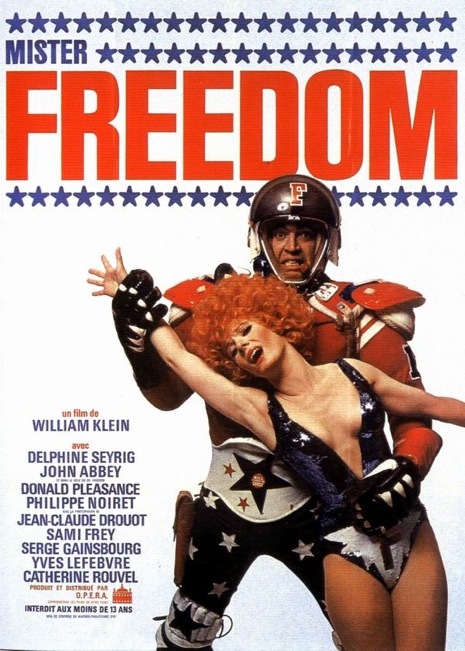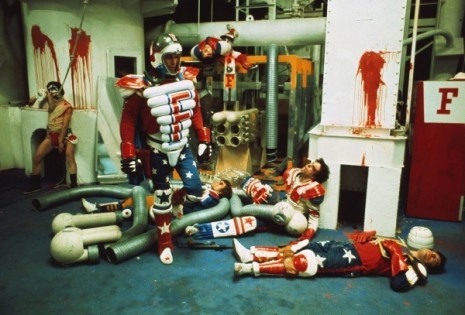
Mister Freedom on the cover of Evergreen Review #77
Meet Mr. Freedom, a shit-kicking superhero employed by America’s largest corporation, Freedom, Inc. He hates blacks, Jews, Communists, foreigners, women, JFK, and everyone else who has been compromised by the dangerous ideology of antifreedomism. Carried through the world on a tide of blood, the hero of William Klein’s French satire beats the snot out of anyone who would thwart his right to take pleasure in indiscriminate violence. Does that sound like American foreign policy to you? Plus ça change…
You’ll recognize Donald Pleasance as Dr. Freedom, Delphine Seyrig as Marie-Madeleine, and Yves Montand as Mr. Freedom’s opposite number in France, Capitaine Formidable. Of course, my favorite member of the cast is Serge Gainsbourg, who appears in several scenes—most of them in the movie’s last third—as Mr. Drugstore, a French partisan of the cause of freedom. Gainsbourg also composed the soundtrack with the help of his arranger Michel Colombier.
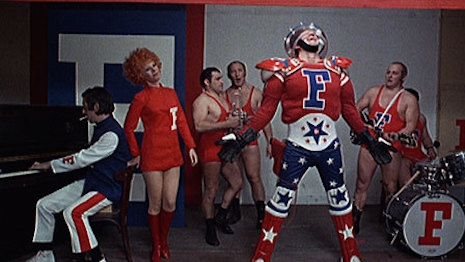
Serge Gainsbourg, Delphine Seyrig and John Abbey in a still from Mister Freedom
Grove Press—the legendary American publisher of Samuel Beckett, William S. Burroughs, Henry Miller and Jean Genet—released the movie in the U.S., hoping to break into the movie business thereby. Richard Seaver, Grove’s editor in chief, devoted a page of his memoir The Tender Hour of Twilight to Mister Freedom:
The April 1970 issue of Evergreen Review had on its cover a fully clothed, futuristic male, looking for all the world like an astronaut-hockey player, complete with shoulder pads, a helmet, a Rangers jersey, gloves, and a hip-holster pistol. In his arms—one hockey glove grasping the midriff, the other the wrist—Mr. Freedom (for that’s who our hero was) held a scantily clad, sequin-spangled red-white-and-blue redhead, whose open mouth could just as easily be construed as a cry for help as a moan of ecstasy. Let the beholder decide.
The magazine cover, intriguing in itself to most, was also a prime example of Grove’s new internal synergy (a word we actually used in our discussions of Grove’s future, God help us all!). Not only did it supply grist for the Evergreen Review mill, it also served as the poster for the U.S. release of the Grove film, Mr. Freedom, a not-too-subtle satire on America as it moved out of the turbulent 1960s. A scathing attack on American foreign policy, especially its “vulgar and grotesque” involvement in Vietnam and the Strangelove notion that democracy had to be brought to the rest of the world, even at the cost of destroying it, the French-made film was written and directed by the ex-patriot (sic) William Klein. It starred John Abbey as Mr. Freedom; Delphine Seyrig (who had been propelled to cinematic stardom as the Garboesque lead in Alain Resnais’s Last Year at Marienbad) as Marie-Madeleine, organizer of the Whores-for-Freedom network; Donald Pleasence (whose voice and accent bore an uncanny resemblance to Lyndon Johnson’s) as Dr. Freedom, the mad mastermind behind the movement to save the world from anti-freedom infiltration; and Philippe Noiret as Moujik Man, Russia’s answer to Mr. Freedom.
On the surface it was a perfect vehicle for the Grove Movie Machine: irreverent, sexy, outrageous, politically pointed, a no-holds-barred attack on the establishment. Unfortunately, its script, dialogue, and direction, alas, were sufficiently amateurish to give film critics a golden opportunity to lambaste it.
I’m not sure “amateurish” is the right word. As befits a playful, cartoonish satire, the movie’s politics are a bit crude here and there, and maybe the dubbing is shit in places, but Mister Freedom is expertly made, by my lights. It’s a feast for the eyes and a gas to watch.
Thanks to Sam McPheeters and Tara Tavi for jumping me into the freedom gang.






